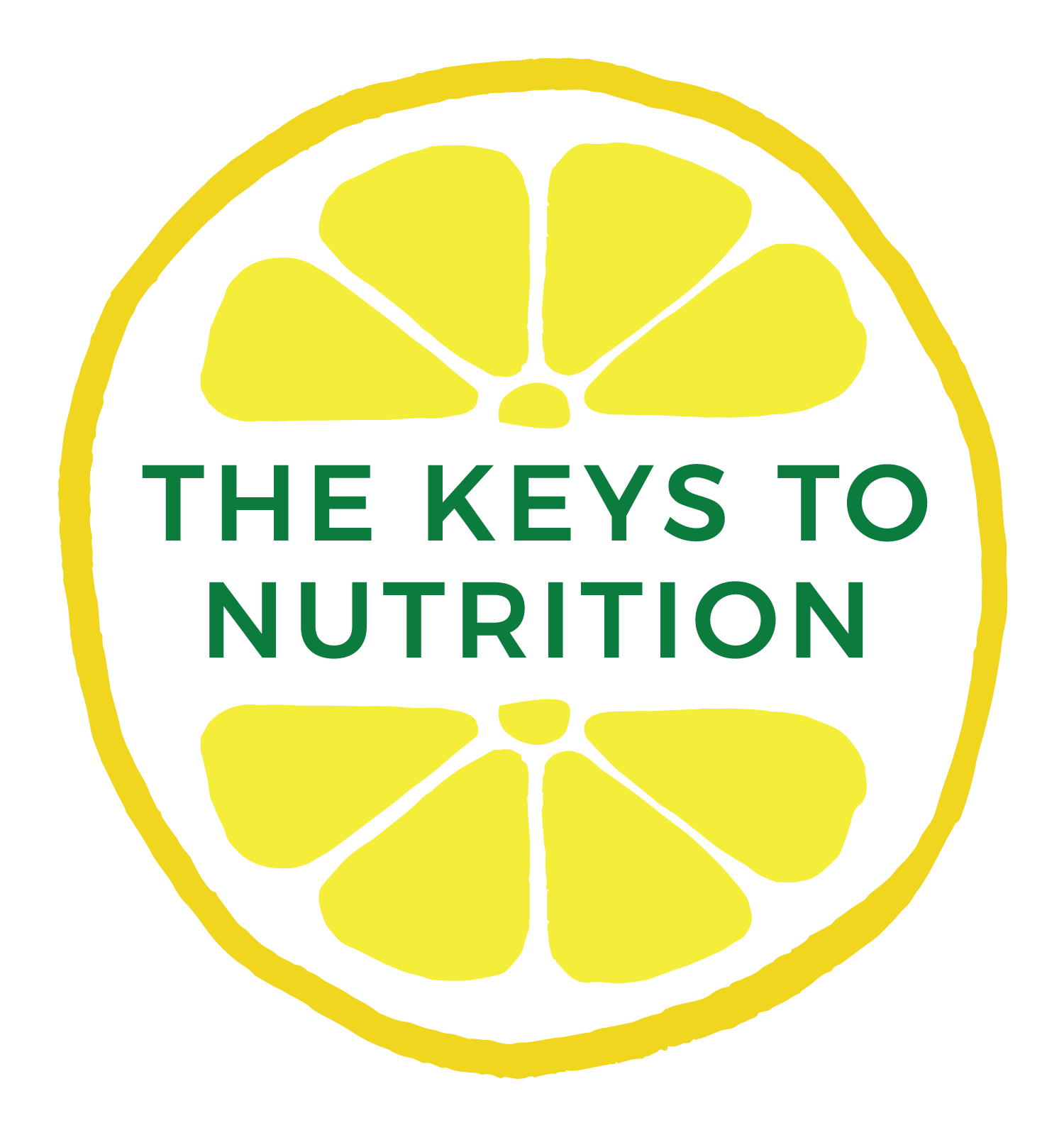
Frequently Asked Questions
Which forms of payment do you accept?
All major credit cards, debit cards, and health savings/flexible spending account cards (HSA/FSA) are accepted.
Do you accept insurance?
The Keys to Nutrition accepts Aetna and Medicare insurances. Most Medicare Advantage Plans are not accepted, as these plans are hosted by a commercial insurance company and not by Medicare.
I will be happy to provide you with a superbill (itemized medical invoice) upon request, after the services have been rendered. You can submit to your insurance provider to apply for reimbursement. Please contact your insurance company to verify their reimbursement for your health plan. You can use your HSA or FSA card to pay for the visit.
What conditions does Medicare cover?
Medicare only covers nutrition counseling for individuals with diabetes or kidney disease (not on dialysis). Medicare does not cover nutrition counseling for prediabetes, unfortunately.
What are the requirements for Medicare to cover the visit?
A physician referral is required for Medicare to cover the visit. Medicare does not accept referrals from physician assistants or nurse practitioners. The referral must be signed by a MD or DO.
The referral needs to be written for nutrition counseling and include the diagnosis and it’s respective ICD-10 code.
If you have kidney disease, please make sure the stage is specified on the referral. If you are on dialysis, Medicare will not cover this type of visit. Medicare has other programs for this.
Can I pay for the visit with my health savings account or flexible spending account card (HSA or FSA)?
Yes! Please check with your insurance before the visit. Your insurance provider may require a letter of medical necessity or a physician referral if you plan to use this for payment for the visit. Receipts are provided via email following the appointment.
How do telehealth consultations work?
You will receive a link to your secure and HIPAA compliant client portal to fill out the initial forms electronically prior to your initial consultation. Consultations are performed on a secure teleheath platform specifically for medical visits.
Prior to your appointment, you will receive a text and/or email link. You can join on your phone, tablet, or computer. If you are using a desktop or laptop, you will click the link to enter the telehealth visit. If you are joining via a smart phone or tablet, you will be asked to download an application in order to join the video call.
Which states are you able to provide telehealth consultations?
I offer telehealth consultations for those in the following states at the time of your appointment.
Alaska Massachusetts
Arizona Michigan
Colorado Oregon
California Oklahoma
Connecticut Pennsylvania
Florida Tennessee
Hawaii Texas
Indiana Utah
New York Washington
New Hampshire West Virginia
North Carolina Wisconsin
Maine
Dietitian versus Nutritionist?
Is there a difference?
I am often asked, “what is the difference between a dietitian and a nutritionist?” Simply put, every dietitian is a nutritionist, however not every nutritionist is a dietitian. This is because there are no formal requirements to become a nutritionist, so anyone can hold the title. In contrast, it takes about seven years to become a dietitian.
First, one must obtain a bachelor's degree in nutrition that requires a copious amount of science classes similar to pre-med such as biology, chemistry, organic chemistry, biochemistry, microbiology in addition to the required nutrition classes. This didactic curriculum is required in order to be eligible to match to a dietetic internship or rotational program similar to a medical residency after graduation. The dietetic internship consists of a minimum of 1,200 hours of supervised practice with rotations in the various areas of dietetics such as clinical, community, and food systems management.
After graduating from the dietetic internship, one is now eligible to sit for the exam to earn the RD credential. However, the educational requirements do not stop there! RDs are required to complete 75 hours of continuing education every five years in order to maintain their credential. As of 2024, a master's degree is required in order to become an RD.
Many dietitians also hold specialty certifications within a specific practice area. These certifications typically require several years of practice before sitting for the board exam as well as additional continuing education to maintain the credential. I hold a speciality certification as a Certified Diabetes Care and Education Specialist (CDCES), formerly known as a Certified Diabetes Educator (CDE).
The Academy of Nutrition and Dietetics recently expanded the RD credential optionally to “Registered Dietitian Nutritionist” or RDN, to demonstrate that every dietitian is also a nutritionist. The bottom line is to look for the RD or RDN credential when vetting your source of nutrition information.


